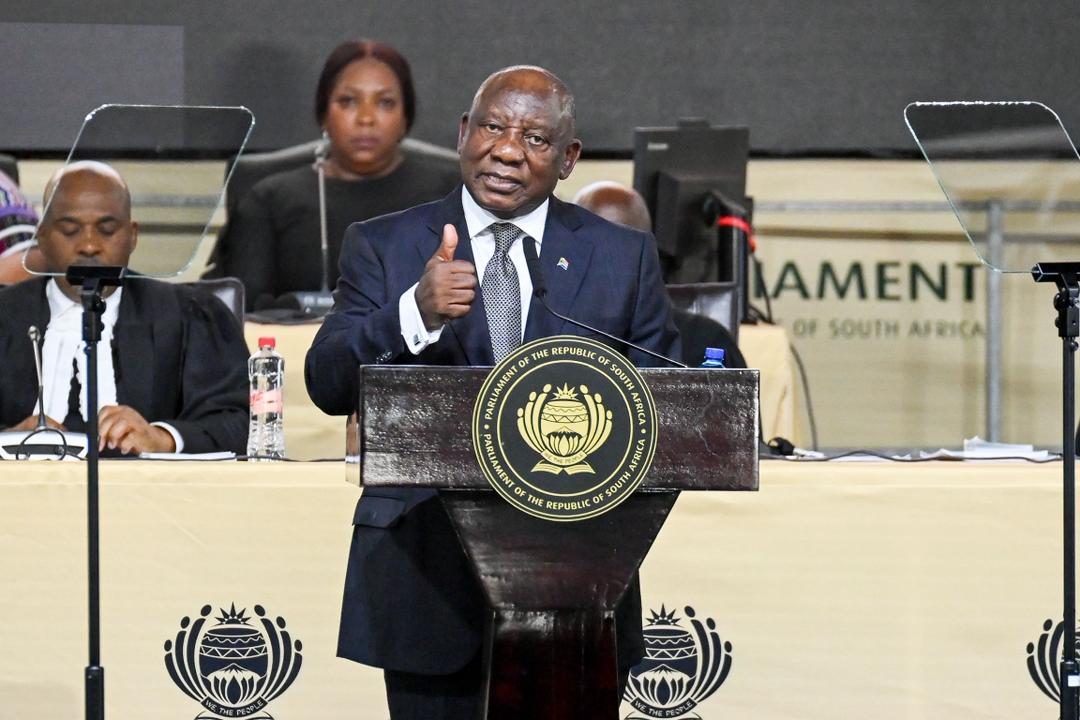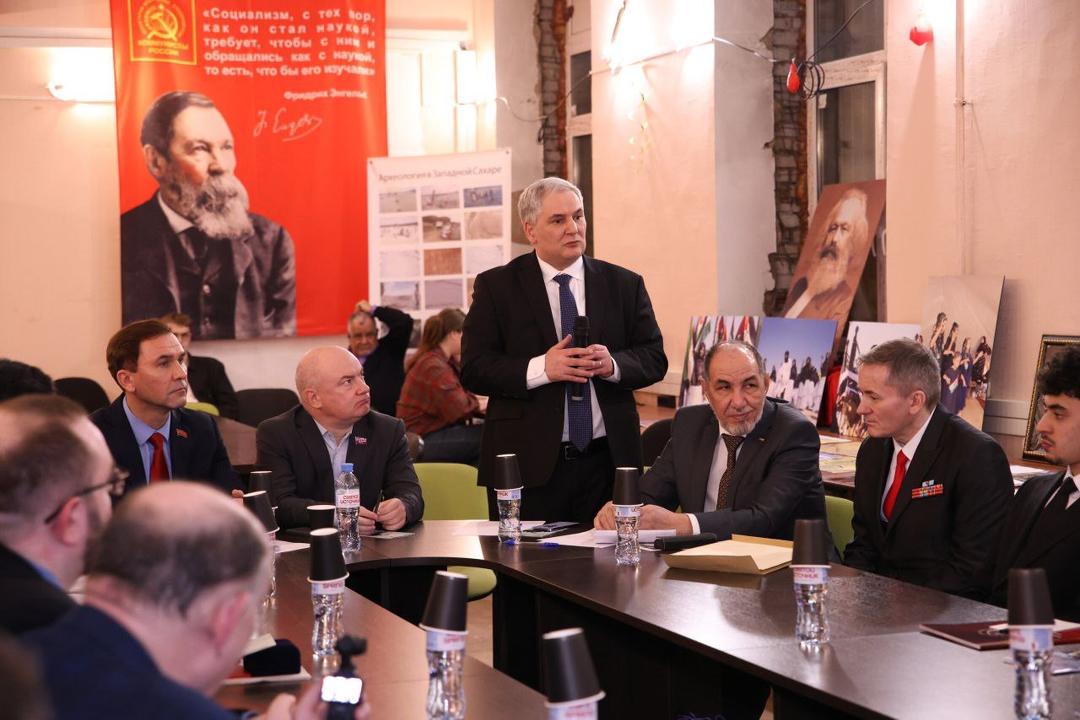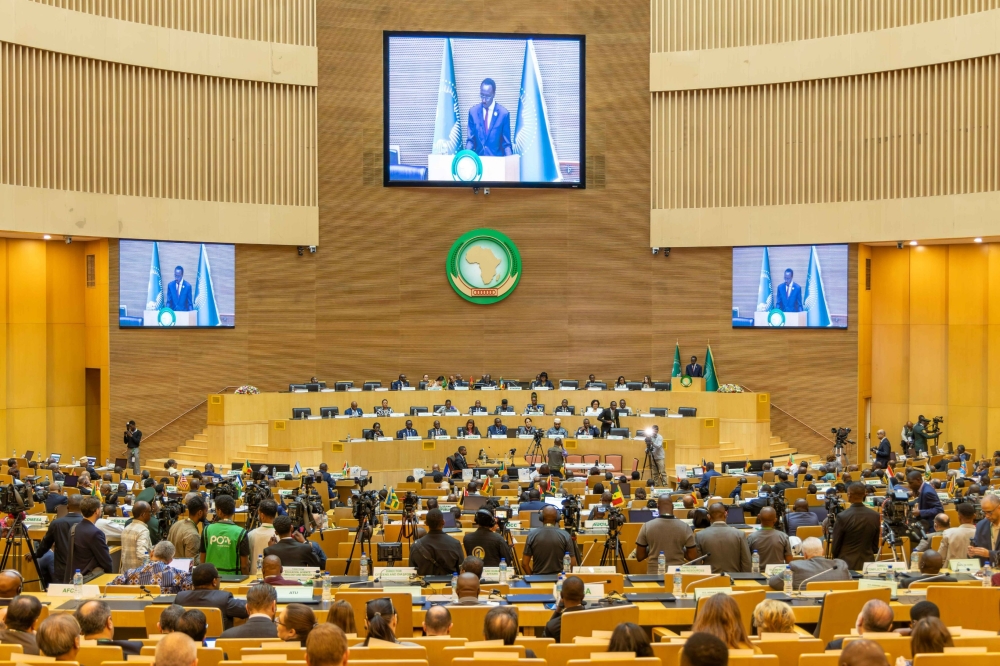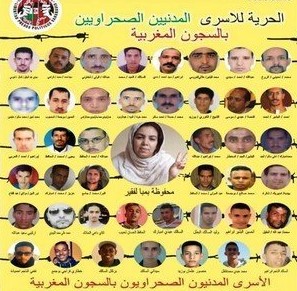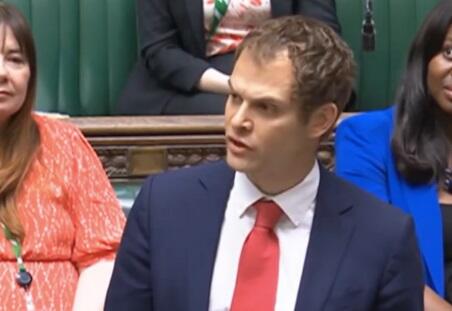
London (UK) 30 Oct 2024 (SPS)— Responding to a spirited parliamentary debate, UK Under-Secretary of State for the Middle East, Mr. Hamish Falconer, reiterated the UK’s long-standing support for the Sahrawi people’s right to self-determination, emphasizing Britain’s alignment with United Nations-led peace efforts for Western Sahara.
Falconer’s statements came as several MPs raised questions about the UK’s stance, following calls by some to endorse Morocco’s claims over the occupied territory.
The Minister clarified the UK’s unwavering position in support for a “just, lasting, and mutually acceptable political solution” for Western Sahara, in line with international law and UN Security Council resolutions.
He reaffirmed that the UK stands firmly behind UN-led negotiations, which aim to protect the Sahrawi people’s right to determine their future—a stance that successive British governments have consistently upheld.
“We believe it is important that we support the principle of self-determination, which gives people the right to decide their own future,” Falconer stated, noting the necessity of a negotiated agreement that involves all relevant parties.
Falconer’s comments underscored Britain’s commitment to fair and balanced international diplomacy, as well as to supporting regional stability and prosperity through a just resolution of the conflict in Western Sahara instead of adopting a political position that violates people’s right to self-determination as some European countries did recently.
While some MPs advocated for a shift in the UK’s position to align with Morocco’s 2007 autonomy plan, Falconer maintained that the UK would not comment publicly on the proposal. Instead, he expressed the government’s openness to any solution that respects the Sahrawi people's rights and garners broad support.
The official also noted that the UK’s approach is aligned with its responsibilities as a permanent member of the UN Security Council, emphasizing that British policy decisions are grounded in principles, not in regional pressures, interests or other countries’ stances and positions.
In addressing concerns about humanitarian conditions in Sahrawi refugee camps in Algeria, Falconer highlighted the UK’s ongoing support through the UN, including recent aid efforts following severe flooding that hit the camps.
He also pointed to recent dialogues with the UN Secretary-General’s personal envoy for Western Sahara, Staffan de Mistura, who leads UN’s efforts on the matter.
“We continue to support humanitarian aid to Sahrawi refugees and monitor conditions closely,” Falconer said. He affirmed that the UK is committed to ensuring that any economic activities in Western Sahara benefit the Sahrawi people directly.
Falconer’s response signals Britain’s steadfast commitment to international law and human rights. His statements underscore that, while the UK values its diplomatic and trade relationships with Morocco and other countries in the region, its foreign policy remains rooted in the principles of self-determination and respect for sovereignty.
The UK’s position on Western Sahara has significant implications for British policy toward contested territories worldwide, and, according to Falconer, reflects a balanced approach that upholds British values and the Sahrawi people’s rights, without succumbing to “institutional inertia” or external pressures.
Falconer concluded with a firm endorsement of UN efforts, stating that “the UK strongly believes that the UN is the best way to solve this long-standing dispute by delivering a solution that is agreeable to all parties.”
His remarks drew positive responses from MPs advocating for Sahrawi self-determination, who viewed his statements as a robust defense of the rights of the Sahrawi people and of the rule of international law. (SPS)
090/500/60 (SPS)

